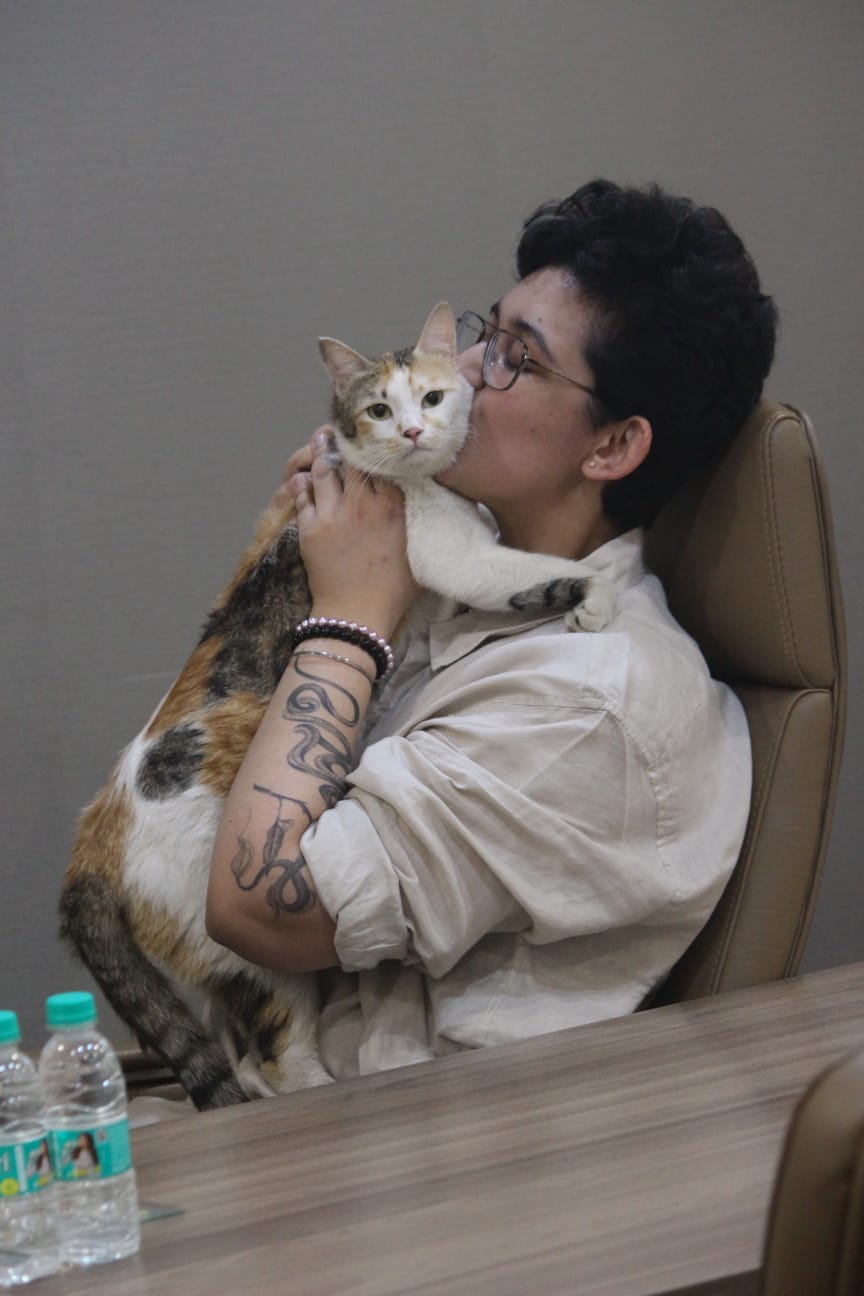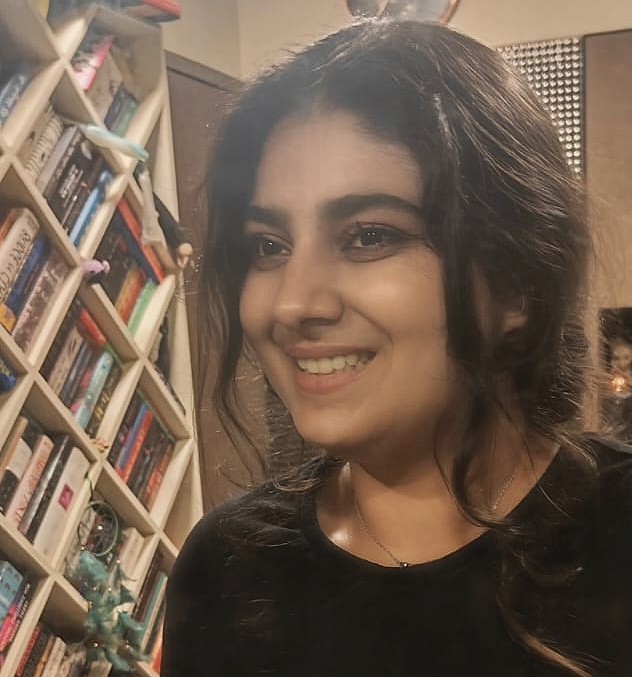Bi-Invisibility: on Belonging and Enoughness
The absence of visibility is not the absence of existence. — Carl Sagan
To everyone who identifies as bisexual—or is still gently feeling their way through the fog of figuring it out—this is a space carved out for you.
As queer-affirmative mental health practitioners, I’ve sat across from many clients who whisper their truths with uncertainty: “I’m not sure if I’m really queer.” or “Maybe I’m just confused.” These words don’t come from a lack of clarity—but often from the burden of cultural erasure and internalised doubt that bisexual people are made to carry.
This is the quiet harm of bi-invisibility.
What Is Bi-Invisibility?
Bi-invisibility—or bi-erasure—is the persistent tendency to ignore, invalidate, or diminish the existence of bisexuality. It happens when people assume that everyone is either gay or straight, depending on the gender of their current or most visible partner. It happens when bisexuality is dismissed as “just a phase,” “confusion,” or “attention-seeking.”
In essence, it erases not just a label—but the lived experiences, desires, relationships, and complexities of those who are bisexual.
A bisexual person is not “half-straight” and “half-gay.” They are 100% bi. 100% whole.
The Myth of “Not Queer Enough”
In queer spaces, many bisexual individuals report feeling like they have to “prove” their queerness—especially if their relationships have primarily been with the “opposite” gender. Somehow, committing to a relationship with the person of a different or the same gender negates a part of their sexuality completely. A study by the Human Rights Campaign (2016) found that bisexual people experience higher rates of anxiety and depression compared to their gay and lesbian peers, partly due to this invalidation from both straight and queer communities. Erasing bisexuality doesn’t make it go away. It just makes it harder for bi people to find community, safety, and care.
Let’s be clear: You don’t owe your identity an archive of same-gender relationships to be valid. You don’t need to look a certain way to “count” as queer.
You are not on trial. Your identity is not up for debate.
As a queer-affirmative therapists, we work from the understanding that identity is not a performance—it is lived, felt, and experienced in nuanced, evolving ways. Labels, when helpful, can offer community and clarity. But they are not cages.
To someone navigating their bisexuality, please remember:
You are not an in-between. You are not a phase. You do belong.
Whether you’ve dated one gender or many, whether you’re out or not, whether you use the term “bisexual”, “pansexual” or prefer something else—your experience is valid. The journey of questioning, exploring, affirming, and reclaiming is a deeply queer act in itself. Remember that pride began as a protest of not belonging,therefore queerness as much of a revolution as it is a celebration.
We live in a world where bisexual people are often hypersexualised, dismissed, or overlooked in media, healthcare, and activism. But slowly, that is changing. It is our ethical and emotional responsibility, especially as clinicians and allies, to:
- Validate the diverse expressions of bisexuality.
- Challenge binary and erasing narratives.
- Create room for all kinds of queer lives and loves.
As the poet Andrea Gibson writes:
The gender spectrum is not black and white. It’s a full-colour kaleidoscope, and bisexuality is a hue that deserves its own brilliance
Shine on. You're not alone. You're not invisible here.
About Aanya Wadhwani

Aanya Wadhwani
Aanya Wadhwani (they/them) is a trauma-informed, queer-affirmative therapist with extensive experience of working with queer-trans folx and women. They especially support those who've undergone systemic and gender-based violence, traumatic instances from a young age, and relationship complexities. They combine concepts from neuroscience with socio-political realities in the therapy room, helping clients feel sincerely understood and held.
About Heym Mehta

Heym Mehta
Heym Mehta (she/they) is a trauma-informed, queer-affirmative counselling psychologist whose work sits at the intersection of mental health, grief, and identity. With experience supporting adolescents, queer and trans individuals, and those navigating loss, relational rupture, and systemic harm, Heym offers therapy that is warm, collaborative, and grounded in lived realities. They draw from somatic practices, REBT, arts-based methods, and a systemic & grief lens to help clients explore their stories with care, curiosity, and nuance.
